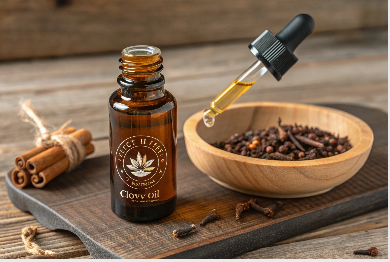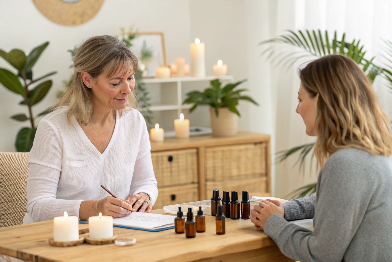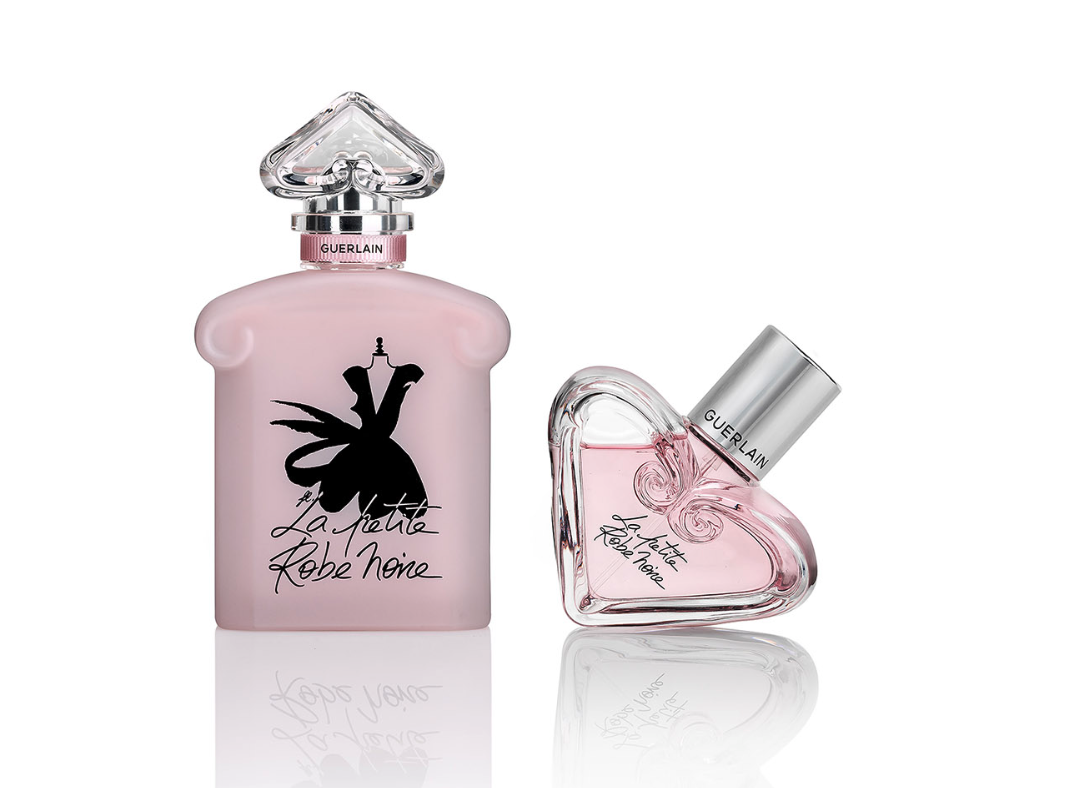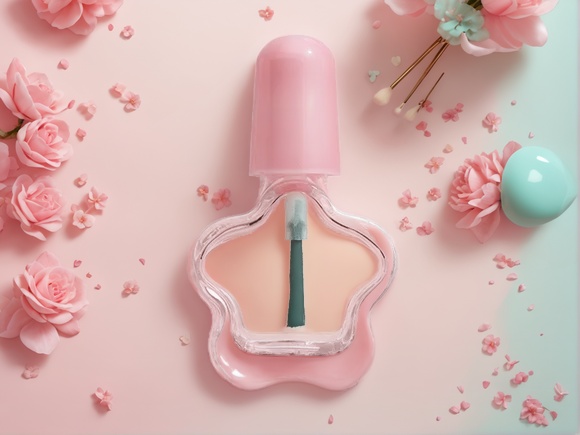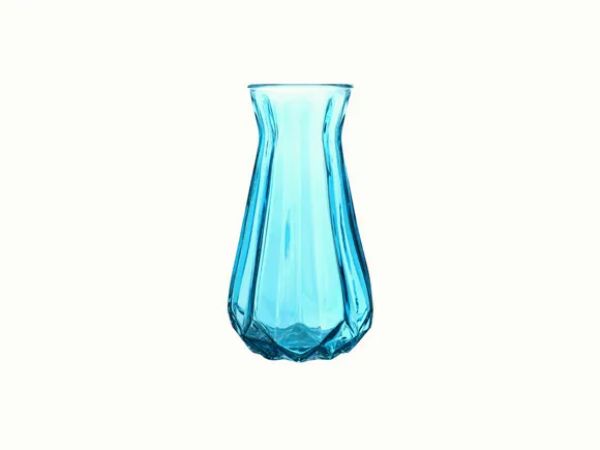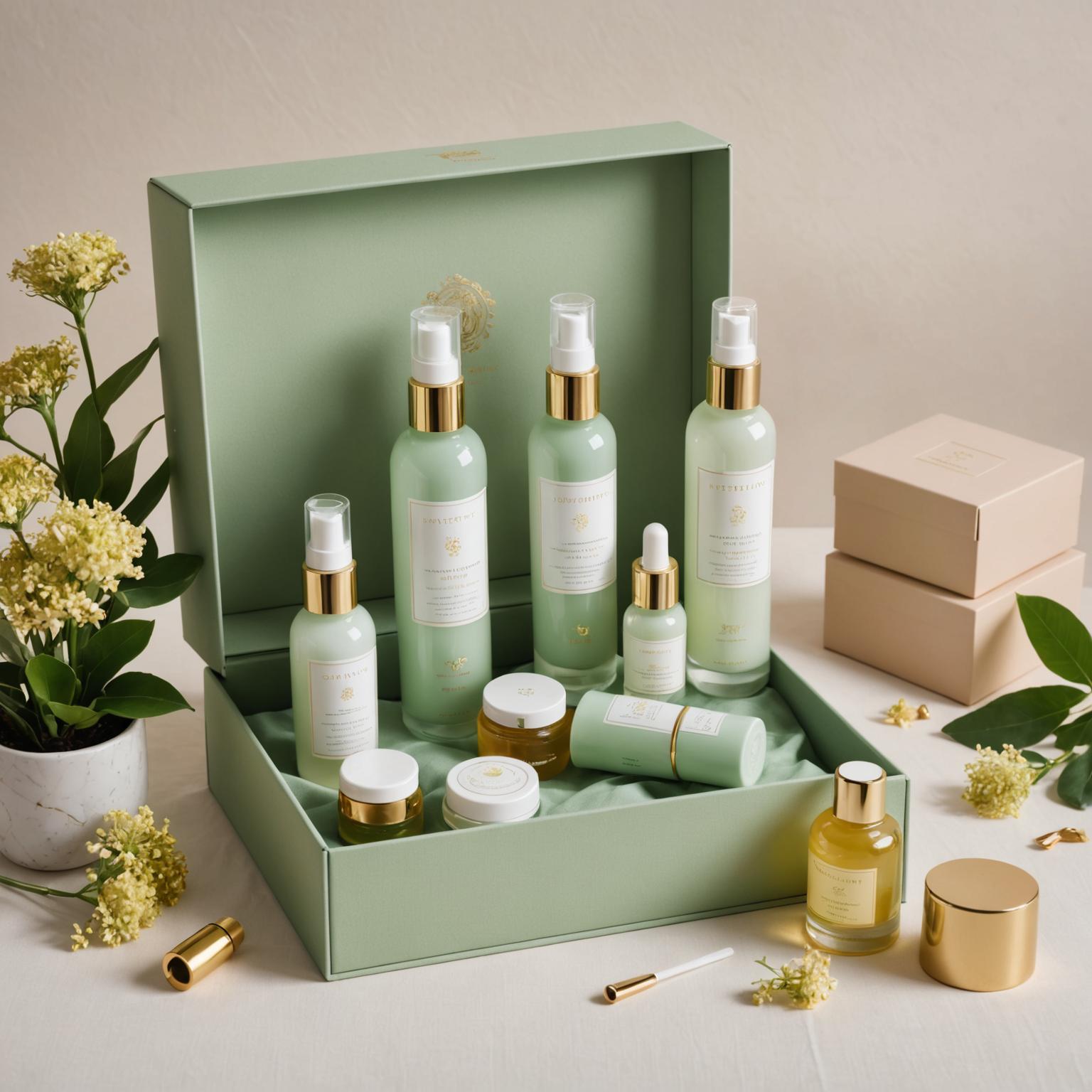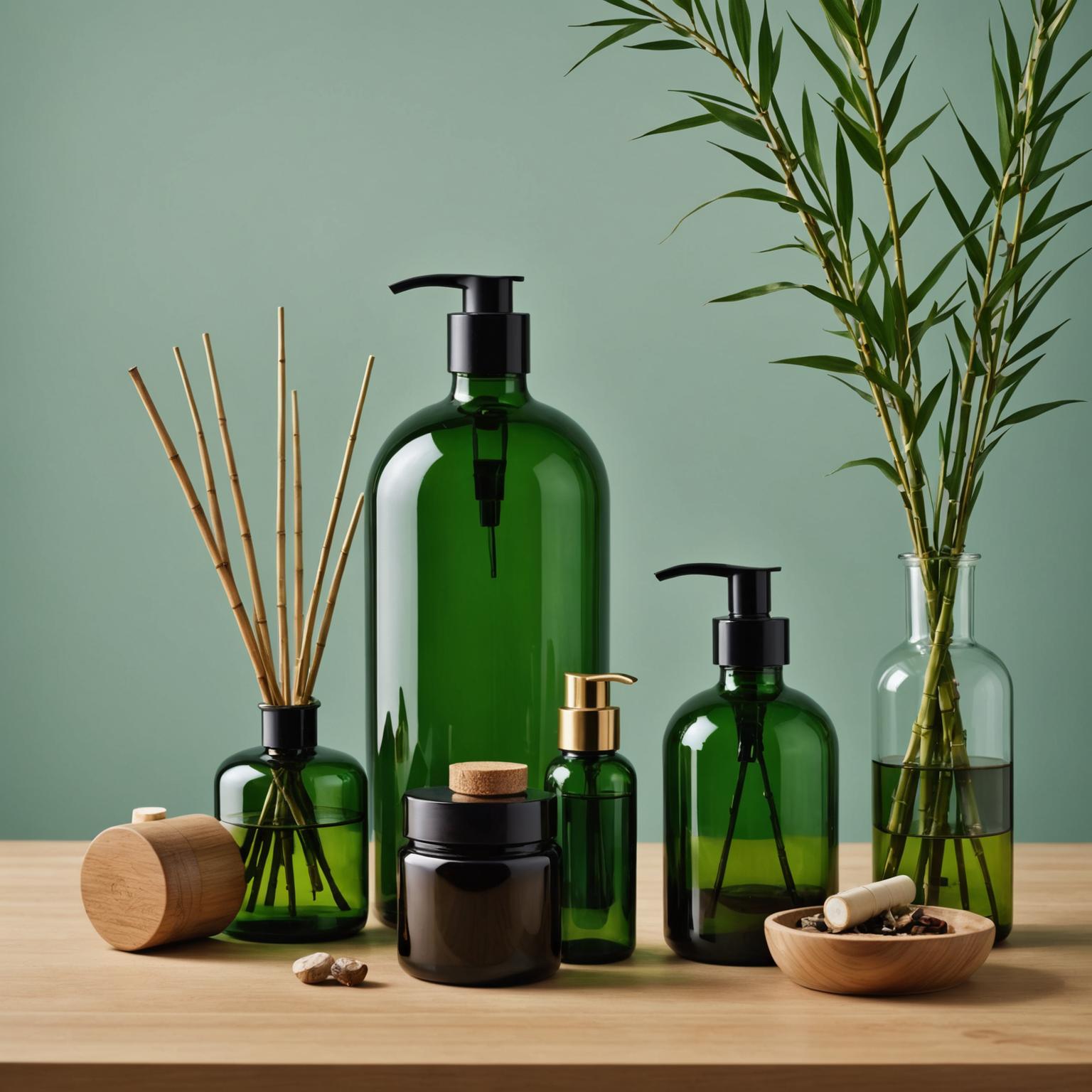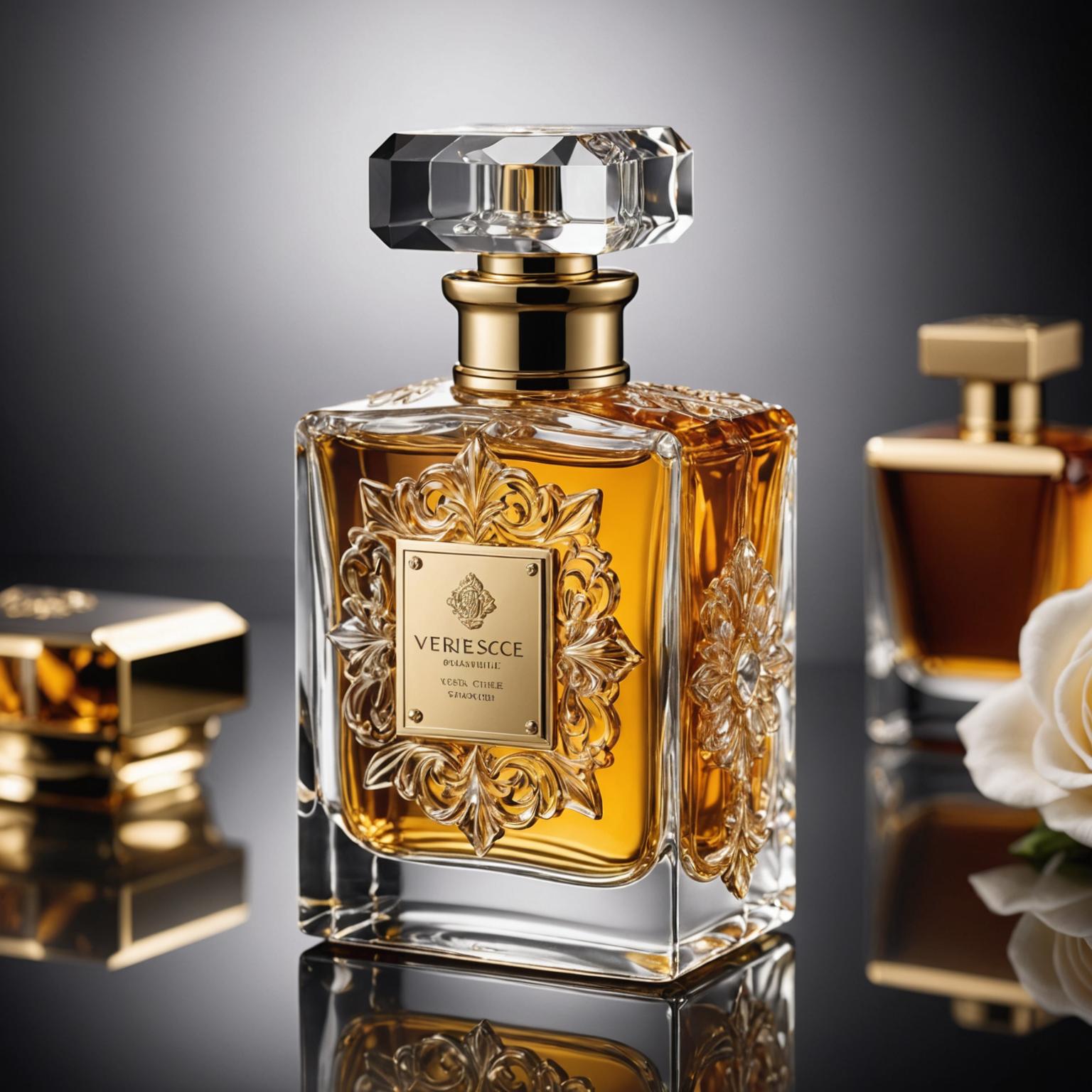Essential oils may be natural, but using them safely and effectively still requires expert guidance—especially for health or therapeutic purposes.
You should consult an integrative medicine doctor, naturopathic physician, or certified aromatherapist for essential oil guidance, especially if you're managing health conditions or using oils therapeutically.
At PauPack, we often collaborate with wellness brands that develop essential oil products with expert input—blending science and scent into something that’s both beautiful and beneficial. Whether you're launching a product or just want to use oils responsibly, knowing who to trust is essential.
Who Is the Expert on Essential Oils?
Not all “experts” are equal—credentials matter.
Certified aromatherapists and licensed naturopathic doctors are the recognized experts on essential oils. They are trained in oil chemistry, therapeutic use, and safety.
Types of Qualified Experts:
| Expert Type | What They Offer |
|---|---|
| Certified Aromatherapist | Trained in oil blending, safety, therapeutic applications |
| Naturopathic Doctor (ND) | Can integrate essential oils into broader health care plans |
| Integrative/Functional MD | May recommend oils alongside conventional treatments |
| Holistic Health Coach | Offers general advice, often trained in essential oil basics |
Avoid “wellness influencers” or DIY bloggers without formal training. Many of our B2B clients at PauPack rely on certified aromatherapists during product development to ensure that essential oil concentrations, contraindications, and usage directions are sound—and compliant.
We also supply packaging that supports safe usage, such as measured dropper bottles, child-resistant caps, and clear labeling zones for warnings and instructions.
What Is Essential Oil Therapy Called?
It’s more than just nice smells—it’s a structured practice.
Essential oil therapy is called aromatherapy: the use of essential oils to improve physical, emotional, or spiritual well-being.
Aromatherapy Includes:
-
Topical application (diluted in carrier oils)
-
Inhalation (diffusers, sprays, inhaler sticks)
-
Massage (blended oils used by professionals)
-
Ambient diffusion (creating mood or setting tone)
Therapeutic Goals May Include:
-
Anxiety relief
-
Sleep improvement
-
Pain management
-
Respiratory support
-
Skin condition treatment
At PauPack, we supply aromatherapy brands with a range of roller bottles, diffuser-friendly droppers, and travel-size kits that match these use cases—because how you deliver the therapy is just as important as the oil itself.
Who Tests Essential Oils?
“100% pure” on the label isn’t enough—you need lab data to back it up.
Essential oils are tested by third-party laboratories using methods like GC/MS (Gas Chromatography/Mass Spectrometry) to verify purity, chemical composition, and the absence of contaminants.
What Tests Should You Look For?
-
GC/MS Analysis: Identifies compounds and confirms authenticity
-
Microbial Testing: Ensures the oil is free from bacteria or mold
-
Heavy Metal Screening: Important for skin-safe and ingestible oils
-
Oxidation Tests: Indicates if an oil has degraded over time
Who Performs These Tests?
-
Independent labs like Essential Oil University or Phytochemia
-
In-house labs at reputable oil companies
-
Third-party quality assurance firms
As a packaging supplier, PauPack doesn’t produce or test oils directly—but we work with brands who source only GC/MS-tested oils, and we ensure our packaging maintains that tested purity throughout storage and shipping.
Who Performs Aromatherapy?
Not just anyone with a diffuser qualifies.
Aromatherapy is performed by certified aromatherapists, massage therapists, estheticians, and integrative healthcare providers trained in essential oil safety and application.
Aromatherapy Practitioners May Include:
-
Licensed Massage Therapists (LMTs) – using oils during bodywork
-
Estheticians – applying oils in facials or spa treatments
-
Certified Aromatherapists – blending oils for specific health goals
-
Hospice or Clinical Care Providers – using oils to comfort or ease symptoms
In professional settings, aromatherapists often use:
-
Pre-diluted rollers
-
Diffuser oils in 10–30ml dropper bottles
-
Body oils in 100ml pump bottles
PauPack supports this ecosystem by offering ready-to-fill packaging tailored to spa, clinic, or at-home aromatherapy use—including bulk amber glass bottles and travel-size sample kits for custom blends.
Conclusion
When it comes to essential oils, the right expert can help you use them safely and effectively. At PauPack, we support brands and professionals who blend nature with science—one expertly bottled drop at a time.




